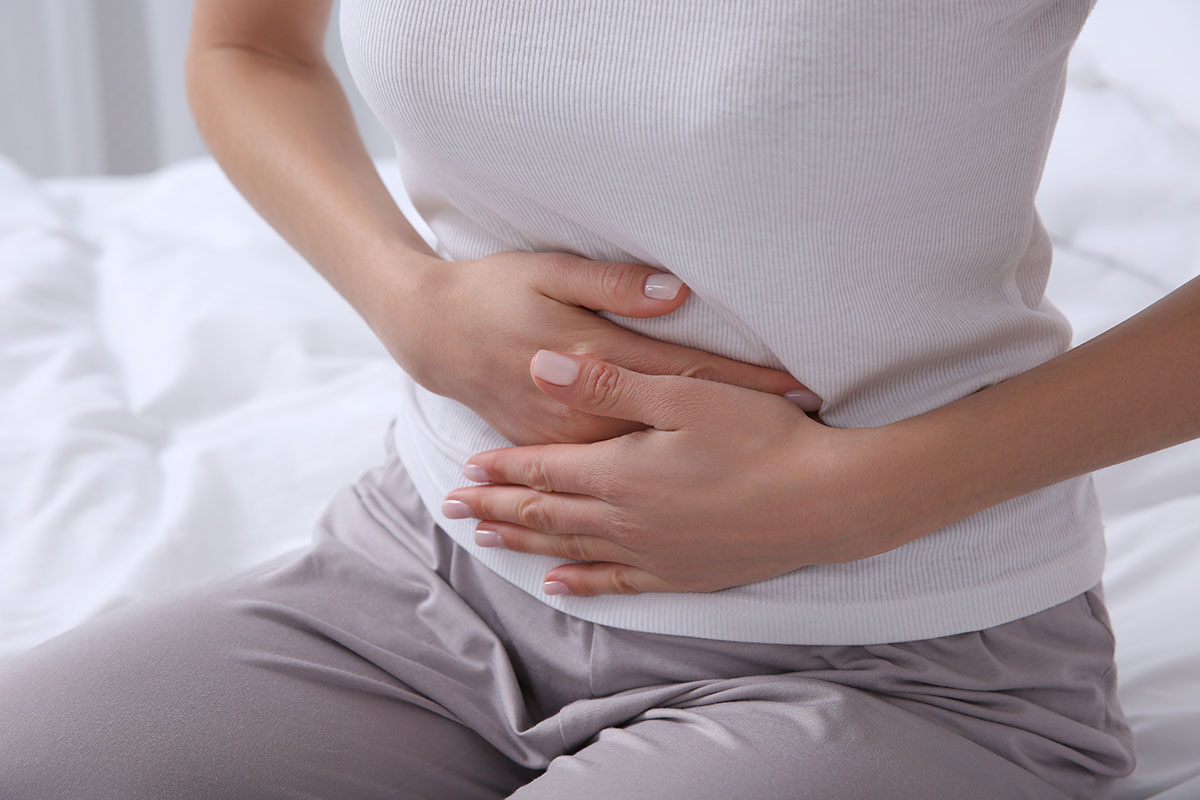Opioids can trigger a specific type of constipation known as opioid-induced constipation. Opioids work by binding to receptors in the body known as opioid receptors. When these receptors are activated, they block the transmission of pain signals to the brain. However, opioids can also affect the digestive system in a number of ways. For example, they can slow down and prevent normal movement in the intestines, which can lead to constipation.
If you or a loved one is struggling with opioid use, the opioid addiction treatment program at Oceanfront Recovery in Laguna Beach, California can help. We offer a range of treatment options, including a medically supervised detox program and individualized therapy that address the underlying causes of addiction. To learn more about our treatment options, contact us at 877.279.1777 today.
Effects of Opioid Abuse
Opioid drugs include painkillers, such as Oxycodone, hydrocodone, codeine, and morphine. These medications are effective because they block pain signals by attaching to receptors throughout the nervous system. However, they also affect other functions in the body. One such function is intestinal movements. Opioids slow down and prevent normal movement in the intestines, leading to constipation.
Other side effects of opioid abuse include:
- Drowsiness and fatigue
- Changes in mood and behavior
- Nausea and vomiting
- Trouble breathing
- Memory loss
- Coma or death in extreme cases
If you are struggling with opioid addiction, it is important to seek medical treatment and support as soon as possible. The team at Oceanfront Recovery provides comprehensive care for individuals struggling with opioid addiction, including a medically supervised detox program.
How to Treat Opioid-induced Constipation
When a person feels constipated, it is very uncomfortable and disheartening. It can feel very isolated and lonely to deal with a chronic health issue that feels difficult to talk about with others. There are several ways to treat opioid-induced constipation. Some people find relief by consuming more fiber, drinking more fluids, and exercising regularly. Some people may also find relief by taking certain over-the-counter medications, including:
- Stool softener – This medication works by making the stool softer and easier to pass.
- Laxative – This medication stimulates the intestines, encouraging a bowel movement.
- Bulking agent – This medication works by increasing the stool mass and allowing it to pass more easily.
Some supplements and herbs can also help relieve discomfort when coping with opioid-induced constipation symptoms. These include:
- Fiber supplement – This has a laxative effect that increases water absorption into the colon. This forms bulkier stools and helps stools pass easier. More studies and research are needed to confirm the efficacy of fiber supplements.
- Aloe vera – Aloe vera extract may increase the volume of fecal matter and improve drug-induced constipation. The herb decreases the effectiveness of certain medications, including cholesterol-lowering drugs, anti-inflammatories, and hormonal drugs.
- Senna – This is a yellow flowering plant with a laxative effect. Senna supplements are available as capsules, tablets, and tea. Anyone can buy dry senna leaves from a health food store and brew them in hot water. It should only be taken on a short-term basis. Long-term use can lead to electrolyte imbalance and diarrhea.
Other ways to increase capacity for releasing bowel contents and relieving constipation include increasing physical activity, exercising most days of the week, drinking fluids, eating fiber, and eliminating highly processed foods from the diet. This will support a better overall lifestyle and keep things moving, so to speak, which can help people feel better overall in recovery.
The best way to treat opioid-induced constipation is by speaking with your doctor. Together, you can come up with a treatment plan that works. If you are using opioids, you should also seek help for your addiction. Opioid addiction can escalate quickly; getting treatment early on is crucial to avoid long-term damage or even death.
Seek Treatment for Opioid Use at Oceanfront Recovery
Oceanfront Recovery is an addiction treatment facility in Laguna Beach, located just two blocks from the calming waves of the ocean. We aim to provide our clients with a safe, productive, affordable environment. Contact us at 877.279.1777 today to learn more about our treatment options. A brighter future is possible.







